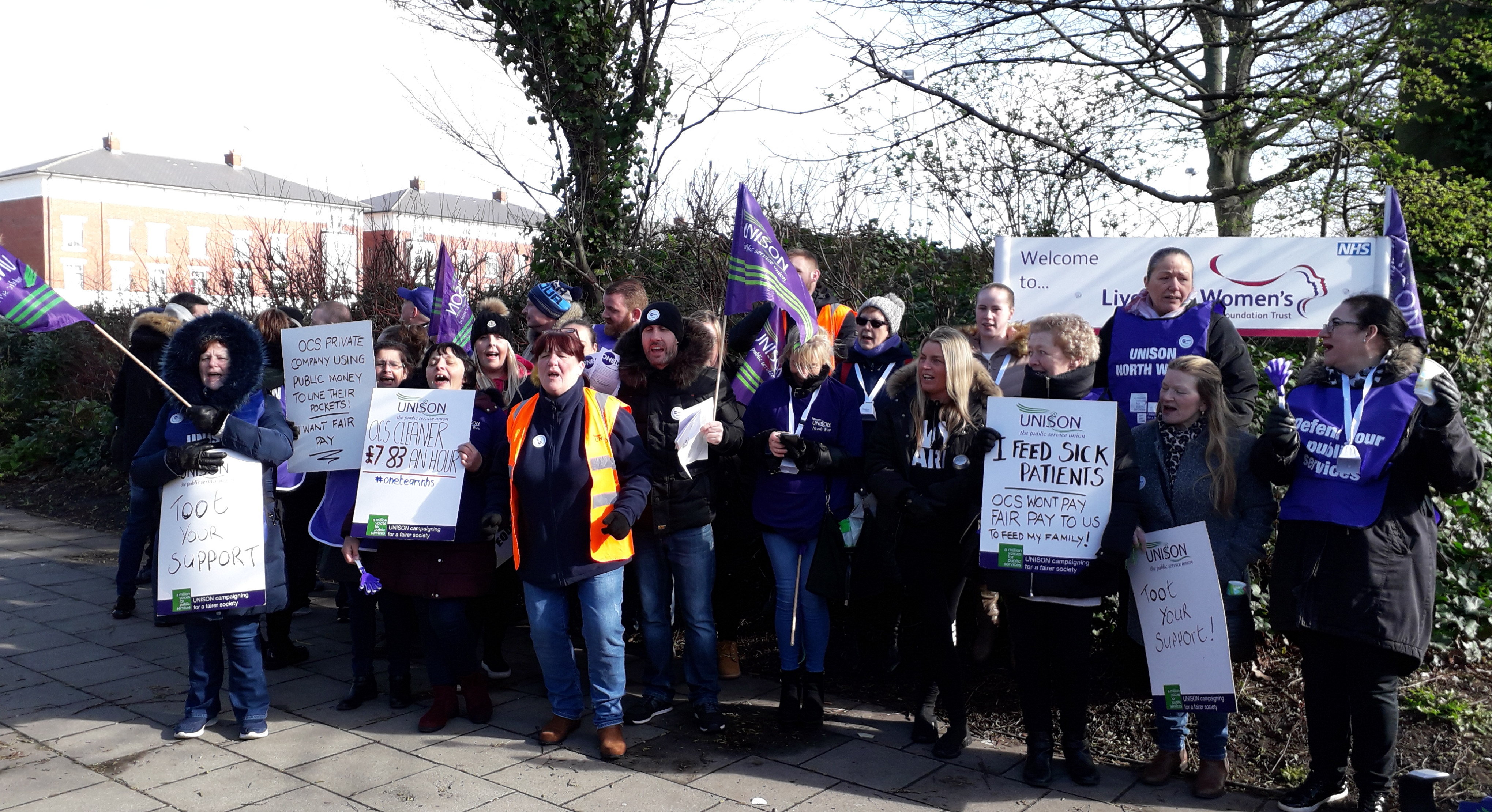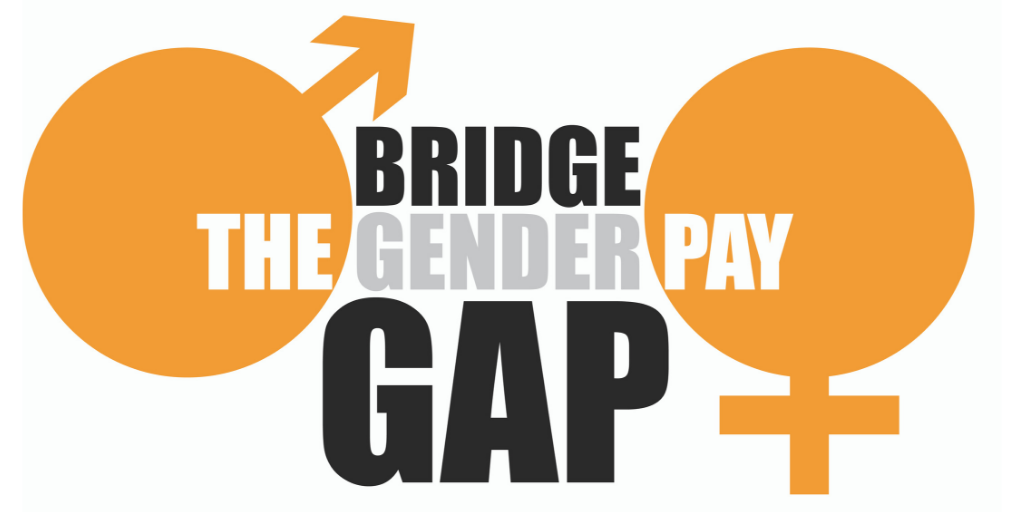The phrase “mad as a March hare” is said to stem from the excited behaviour of the European hare during its breeding season, which peaks in the month of March.
For anyone living in UK – and the whole of Europe for that matter – the phrase may now forever be associated with British MPs. For most of us, the month was dominated by the madness of Brexit as it came to its heated head. As March closed the UK hadn’t left the EU on time, but the shenanigans dominated the headlines.
That said, UNISON’s general secretary Dave Prentis sagely reminded members that Brexit wasn’t the only issue the country faced.
“The tragedy for those who need a better health service, well-resourced schools and action on crime is that the Prime Minister and her government are the ones failing to act – or worse, they are the root cause of so many of society’s most pressing problems,” he commented.
“Yet the continuing Brexit-based incompetence means no other crisis is receiving the scrutiny it should.”
Throughout the month, UNISON found itself routinely trying to address some of those problems.

Delegates at the union’s community conference spoke, among other things, of the poverty wages and exploitative working practices that have scarred the social care workforce for decades. They vowed to keep pressure on the government to address a multitude of employment issues in the sector.
Elsewhere, the union highlighted two reports: one revealed the full, devastating impact of council cuts during a decade of austerity – not least the vast selling of council land and buildings; the other, the effects of the same period on struggling families, who are losing hundreds of pounds a year as a result of changes to child benefit.

At the front line, more than 40 staff at Liverpool Women’s Hospital – cleaners, catering staff, porters and security officers – joined a strike provoked by the refusal of private company OCS to pay them the NHS rate for the job.
And UNISON asked Environment Agency staff – where staff have faced a 20% real-terms pay cut since 2010 – whether they would be prepared to take industrial action in an effort to win more than the 1.3% that’s been imposed on them by the employer.
Ever leading the way on equal pay, in March the union also launched its Bridge the Gap campaign, which offers an online tool that helps activists take practical steps to make their workplace more equal.

The campaign is typical of UNISON’s efforts to improve our madly unfair society. And no month goes by without such efforts being rewarded.
In March, the Glasgow women who have just won their historic battle for equal pay had a second reason to celebrate when presented with the Editor’s Award at the Scotswomen of the Year Awards, presented by Glasgow’s Evening Times newspaper.
And the month saw a landmark for another issue on which UNISON is deeply committed, when the University of Manchester became the 5,000th living wage employer.




